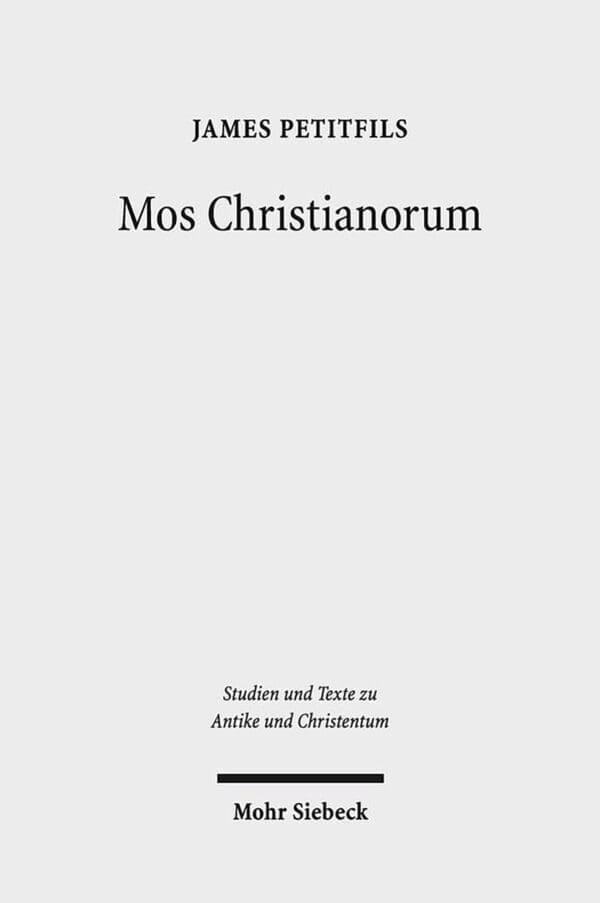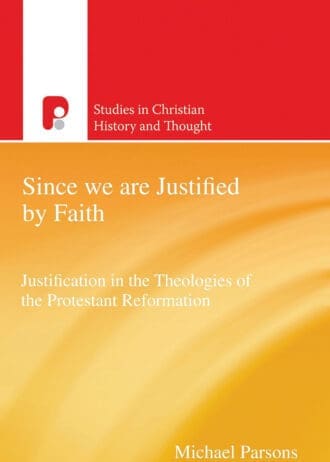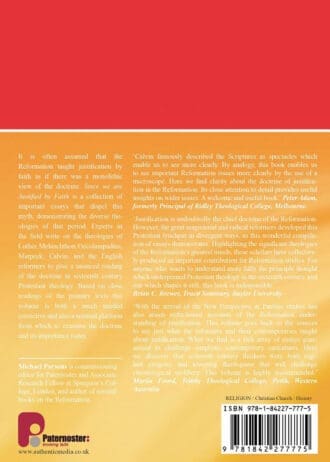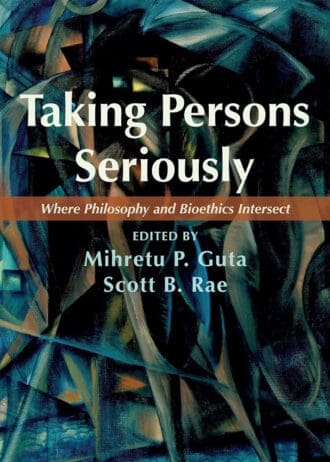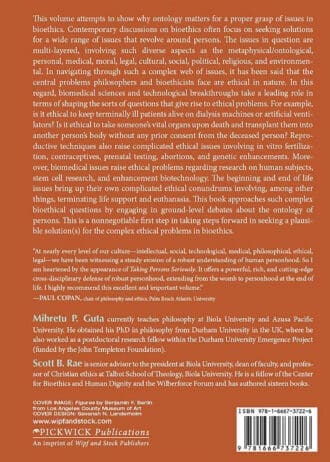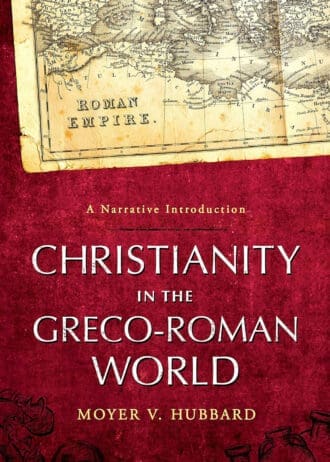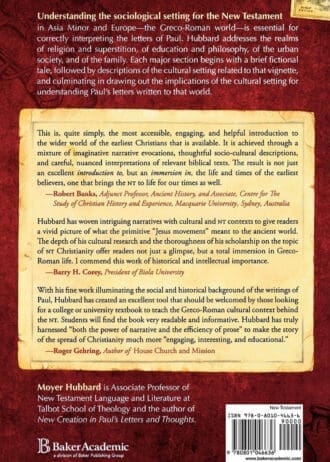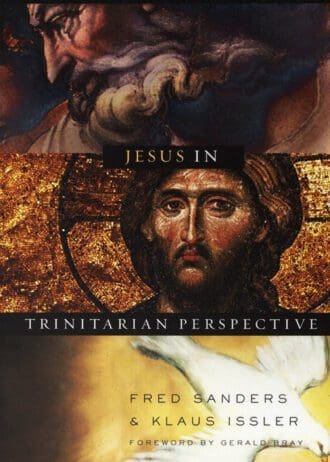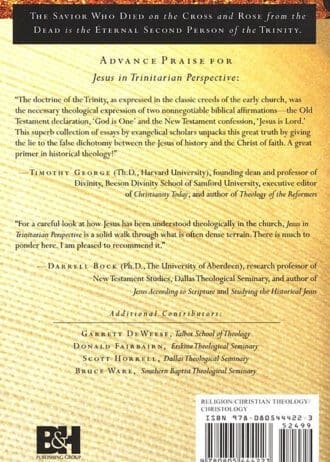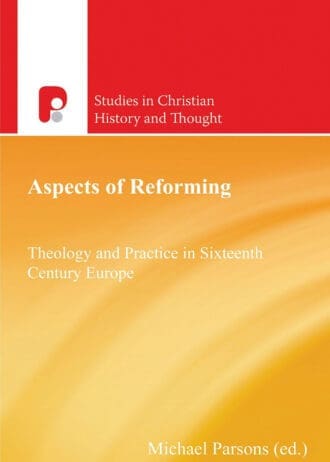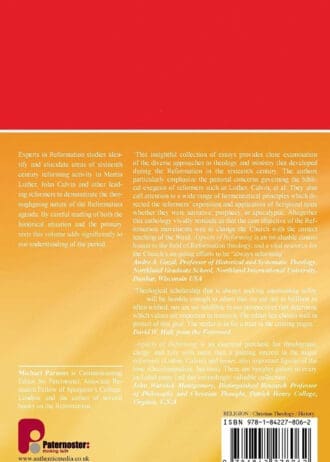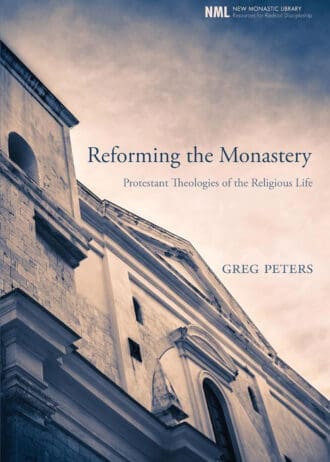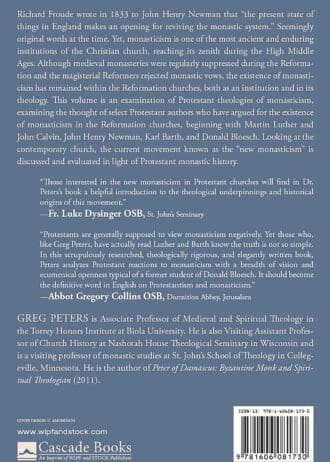The preferred moral curriculum of a Roman education abounded with exemplary stories of Rome’s native heroes. To inculcate conceptions of virtuous leadership, politicians and populace alike deployed exempla as rhetorical vehicles of the mos maiorum (way of the ancestors). James Petitfils explores Jewish and Christian participation in this widespread pedagogical practice. After surveying Roman discourse on exemplary leadership, the author consults several texts, written in significantly Romanized environments, celebrating Jewish or Christian ancestral leaders (Josephus’ Antiquities 2-4, Philo’s Mosis 1-2, 1 Clement, and The Letter of the Churches of Vienne and Lyons ). He highlights their respective appropriation, adaptation, and redeployment of the Roman moral idiom on exemplary leadership in the promotion of self-consciously non-Roman ancestral exempla and languages of leadership.
Since we are Justified by Faith: Justification in the Theologies of the Protestant Reformation
It is often assumed that the Reformation taught justification by faith as if there was a monolithic view of the doctrine. Since We Are Justified By Faith is a collection of important essays that dispel this myth, demonstrating the diverse theologies of that period. Experts in the field, including Cameron MacKenzie, Aaron OKelly, Jeff Fisher, Kirk MacGregor, Mary Patton Baker, Karin Spiecker Stetina, David Hall, Bonnie Pattison, Timothy Shaun Price, Andre Gazal, and Chris Ross, write on the theologies of Luther, Melanchthon, Oecolampadius, Marpeck, Calvin, and the English reformers to give a nuanced reading of the doctrine in sixteenth-century Protestant theology.

